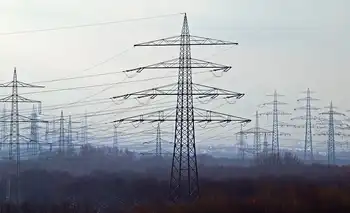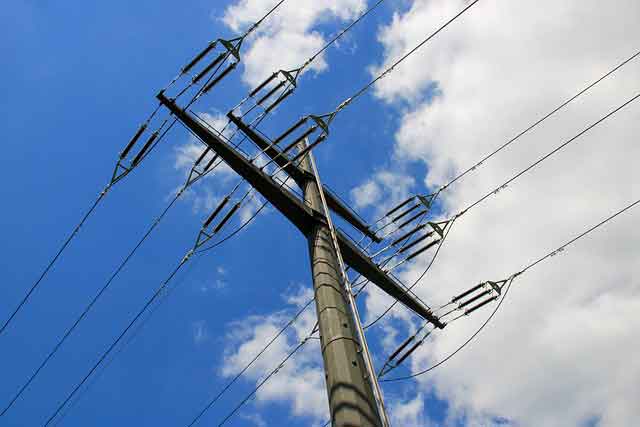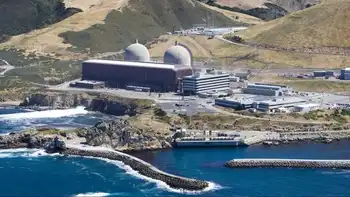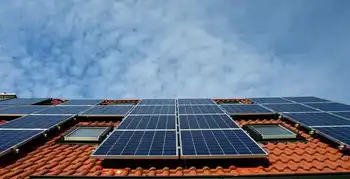Transmission line costs worry business leaders
By Edmonton Journal
NFPA 70e Training - Arc Flash
Our customized live online or in‑person group training can be delivered to your staff at your location.

- Live Online
- 6 hours Instructor-led
- Group Training Available
The presenters, which included a major steel producer, an industrial paint producer and a frozen dessert maker, said increased utility expenses could be the “final nail” for companies already facing increased international competition, soft global markets and local labour shortages.
“The last two years have been very difficult due to the economy and this kind of additional cost to a business is going to risk a lot of job losses,” said the head of AltaSteel, Chris Jager, who told the hearing his 500-employee operation is already at a power disadvantage compared with out-of-province competitors.
“It would have a big impact on our profitability and make it a bigger challenge to attract investment to grow our business.”
The Heartland hearing, which the Alberta Utilities Commission first convened more than a month ago, is being held to determine whether Epcor and AltaLink should be allowed to proceed with a new 500-kilovolt transmission line designed to bring electricity from Wabamun-area power plants to the industrial heartland area near Fort Saskatchewan.
ItÂ’s one of several new lines and upgrade projects in the works across Alberta that some believe could together end up costing as much as $15 billion. Some or all of the costs are expected to be passed onto consumers through their utility bills.
While business leaders spoke passionately about their concerns, there is a question of whether their testimony can even be considered by the commission.
Controversial legislation passed by the province confirmed the need for new high-voltage lines, which means the hearings are largely limited to concerns about proposed routes. But much of the testimony focused on socio-economic impacts of the upgrades, which could be interpreted by the commission as improperly challenging the worthiness of the projects.
Jager said AltaSteel, which recycles scrap steel into new industrial products, currently spends about $15 million on electricity each year. The company estimates that bill will more than double to $34 million by 2017, largely due to increased transmission costs. Jager said such an increase would make AltaSteelÂ’s products more expensive than those produced by its four main competitors in Manitoba, Seattle, Indiana and Utah, all of which already pay less for power.
Jay Esterer of Endura Paint said his business also faces stiff competition from overseas companies.
“My competitive edge would be eroded by the types of fee increases being discussed here, and I’d have to consider moving to Manitoba to remain viable,” he told the hearing.
Another presenter, Jonathan Avis of Saxby Foods, said his frozen-dessert company came to the province 15 years ago for the Alberta Advantage, but has since seen those benefits wane. He said his company, which relies on electricity to keep its freezers going, lost $1 million last year because U.S. producers came to Canada and underbid Saxby.
“This could be the final nail in my coffin,” he said.
Karen Shaw, whose family runs a cattle farm beside the proposed transmission route, said no one has shown her a cost-benefit analysis of the need for massive upgrades to the electric system.
“It’s like if we bought a 500-horsepower tractor to clean our driveway. It would work, but it wouldn’t be economical.”
Tim le Riche, spokesman for the Heartland project, said reliable, low-cost electricity will be key to keeping businesses and jobs in Alberta long term.
The Heartland line is expected to cost $580 million if it is built above ground along the eastern edge of Edmonton — Epcor and AltaLink’s preferred route. The companies have said a 20-kilometre section of the line could be buried underground but that would balloon the costs to nearly $1.1 billion.











